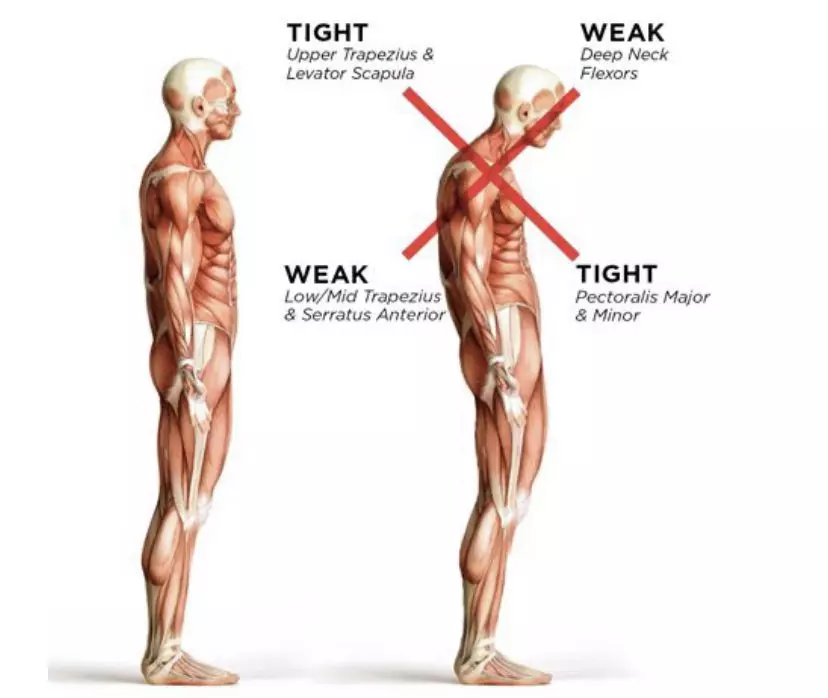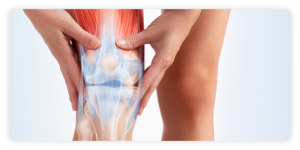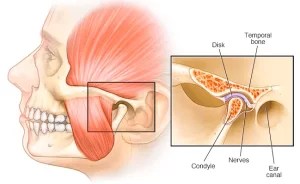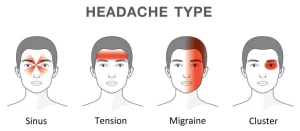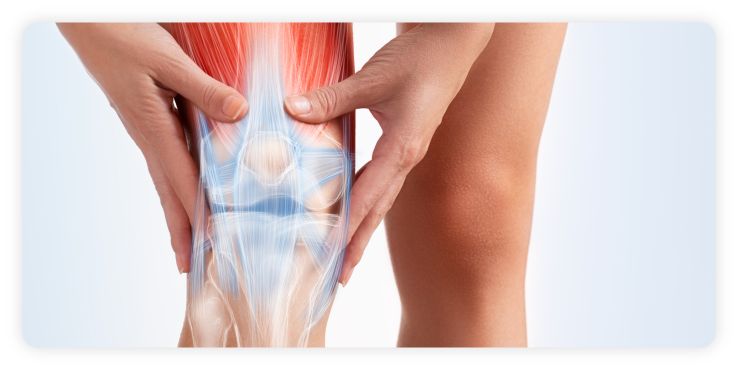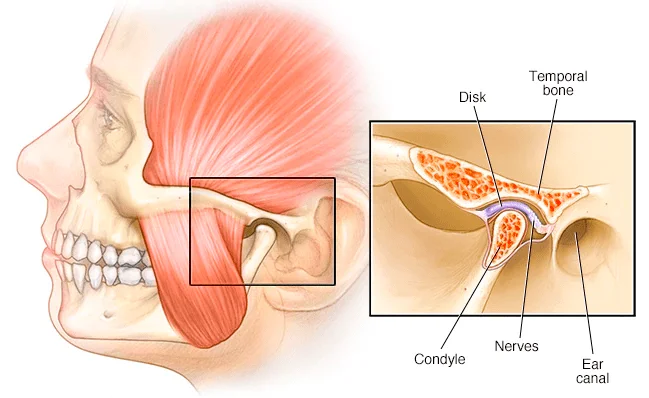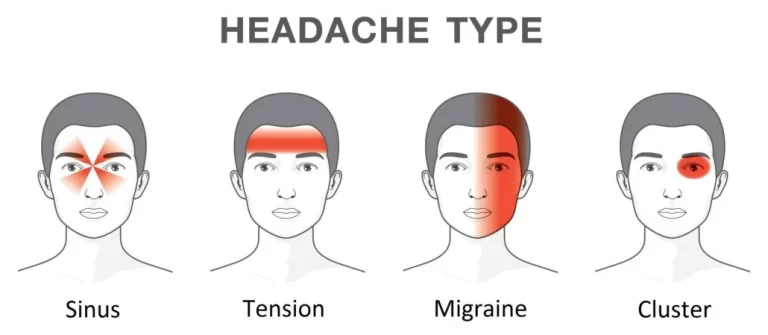How Does Posture Lead To Disc Issues?
Many people in Singapore currently have jobs that require them to work in front of computers for many hours a day. It is important for these group of people who lead sedentary lifestyles to ensure that they get sufficient exercise to lower their risk of cardiovascular disease, type 2 diabetes, dementia, and cancers. For those experiencing posture-related discomfort, consulting a chiropractor in Singapore may also help address musculoskeletal concerns that arise from prolonged sitting.
Poor Posture – Prolonged Sitting and Slouching
Sitting is an inevitable static posture that increases stress on the entire back, shoulders, arms, legs, and especially the muscles of the spine. Working long hours which leads to prolonged sitting without intermittent breaks has been proven to cause changes in disc height. When people hunch over by curving the spine or pulling the shoulders in, gradual pressure can be placed upon the spine creating disc issues. The poor posture puts unnecessary strain on the joints, inhibits mobility, and creates muscle imbalances. Slouching is another form of poor posture that is damaging to the spine because it overstretches spinal ligaments and surrounding structures of the spine and nerves.
The spine comprises vertebrae, discs and ligaments, and tendons connecting everything together. The discs between the vertebrae act as a cushion which promotes flexibility and range of motion. These discs are primarily made of water and as a body ages, the amount of water decreases. The discs can then slip, and develop small cracks or bulges depending upon the pressure. When people continue sitting in a poor posture as they age, the load on the back and neck increases. This results in added stress to the disc in the lower back which over time causes it to degenerate and lose its ability to cushion and act as normal shock absorbers. The discs may be pushed out towards the back from their normal position which then causes bulging or herniated discs.
Understanding and Managing Posture-Related Issues
If you are experiencing discomfort that may be linked to prolonged sitting or poor posture, a clinical assessment can help clarify the cause and guide appropriate care strategies. To explore available support, visit our chiropractic clinic in Singapore.
